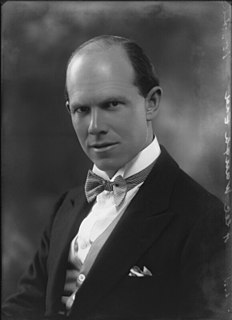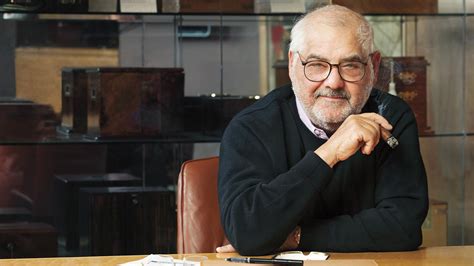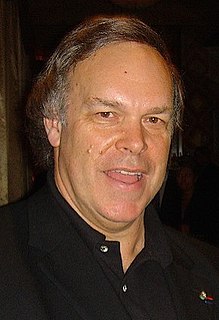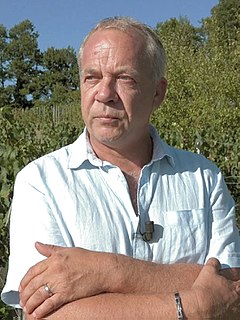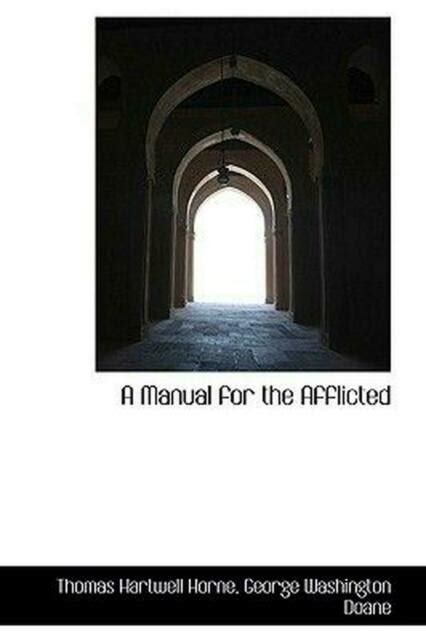A Quote by Alec Waugh
We need not be intimidated by the wine snob because we know that, in the last analysis, he is only putting on a front. He may know more than we do, but how little he knows in comparison with what there is to know Wine, a hobby as fascinating and as human as one can find. One of the most fascinating aspects of the wine-hobby is the extent to which you learn all the time
Related Quotes
We laughed a lot and I grew warmer still, lovely and warm. I do realize that some of that warmth was due to the wine, but there was much more to it than that. There are two distinct aspects to Communion wine: one aspect is the wine itself, the other is the idea of communion. Wine is certainly warming, but communion is a great deal more so.
Inevitably I came to associate any wine I met with a specific place and a particular slant of history. I learned to perceive more than could be deduced from an analysis of the physical elements in the glass. For me, an important part of the pleasure of wine is its reflection of the total environment that produced it. If I find in a wine no hint of where it was grown, no mark of the summer when the fruit ripened, and no indication of the usages common among those who made it, I am frustrated and disappointed. Because that is what a good, honest wine should offer.
I had a little epiphany when I was a writer at 'Chicago' magazine. I sat down to dinner at the Ritz-Carlton. Somebody poured a white dessert wine with chocolate cake. It was a wine I would never have expected to make sense. The idea of any wine tasting fabulous with chocolate cake was fascinating to me.
One of the most insidious myths in American wine culture is that a wine is good if you like it. Liking a wine has nothing to do with whether it is good. Liking a wine has to do with liking that wine, period. Wine requires two assessments: one subjective, the other objective. In this it is like literature. You may not like reading Shakespeare but agree that Shakespeare was a great writer nonetheless.
If wine disappeared from human production, I believe there would be, in the health and intellect of the planet, a void, a deficiency far more terrible than all the excesses and deviations for which wine is made responsible. Is it not reasonable to suggest that people that never drink wine, whether naive or doctrinaire, are fools or hypocrites....?
I don't know why but I love this kind of project, when it's a little difficult and when you have a history. The beginning of the story of viticulture was in the Middle East, and it was a different generation than the science and logistics of today. My passion is to go into the past to make wine. Wine is something cultural, not only something to drink. I always try to find the identity of the place.
Wine writers have been around for almost as long as there has been wine, but in the past, generally speaking, most wine writing was uncritical and emphasized wine as a romantic, historic beverage. Criticism and comparative tastings were eschewed for fear of offending the trade, which most writers depended upon for survival.
Upon the first goblet he read this inscription, monkey wine; upon the second, lion wine; upon the third, sheep wine; upon the fourth, swine wine. These four inscriptions expressed the four descending degrees of drunkenness: the first, that which enlivens; the second, that which irritates; the third, that which stupefies; finally the last, that which brutalizes.
